India Needs a Drone-Rocket Force: Lt Gen Raj Shukla (Retd)
India must build a “drone-rocket force” and embrace narrative warfare, disruptive innovation, and a muscular military posture to secure its future in a hostile geopolitical environment. That’s the clear message from Lieutenant General Raj Shukla (Retd), former GOC-in-C, ARTRAC.
In a candid and sweeping conversation with Col Anurag Awasthi (Retd) — defence veteran, tech policy expert and strategic thinker — Lt Gen Shukla mapped out the sharp shifts India must make in its strategic thinking: from reactive to proactive, from siloed to joint, and from procedural to transformational, if it is to fulfil its ambitions by 2047.
Here are eight takeaways from the episode:
1. India Needs a Drone-Rocket Force
Lt Gen Shukla stressed the urgent need to invest in unmanned and autonomous warfare capabilities.
“We are absent in the LU space… Next time a terror attack takes place at 2:00 in the afternoon and in two, three hours, we know it is these guys — 06:00, the attack must go.”
He called for layered drone systems, including FPV drones and loitering munitions that can operate in GPS-denied environments and deliver rapid, precision strikes.
2. India's Rise Will Be Contested — Violently
Dispelling older assumptions of a peaceful ascent, Lt Gen Shukla warned:
“Our rise will be contested. This rise will be contested violently.”
He argued that India must be prepared to navigate “multiple crises, conflicts, and confrontations,” and said the country’s external environment is even more hostile than Israel’s.
3. India Lacks a Strategic Narrative
Lt Gen Shukla noted that countries like China have institutionalised their long-term strategic vision.
“Our narrative so far was simplistic... a secure external environment, a benign internal environment, and we’ll focus on growth. But that is not reality.”
He urged India to wage deliberate narrative warfare and shape global perceptions — especially in the West.
4. Failure of Strategic Communication
Recalling a striking moment from a past visit to London, Lt Gen Shukla said:
“My British host told me—in J&K, we are the aggressors. And he's buying it. Because the Pakistani team has four people. We have none.”
He called for a dedicated STRATCOM division under the CDS, and better support for influencers, think tanks, and lobbyists to carry India’s message abroad.
5. Economic Logic for Defence Spending
Challenging outdated views, Lt Gen Shukla pointed to studies showing defence has a fiscal multiplier of 2.
“We were told defence is unproductive. Lie... Technologies will give jobs. It will boost revenues.”
He called for a strategic overhaul of India’s economic statecraft and argued that deterrence is a cheaper alternative to war.
6. Innovation Requires Institutional Reform
Referencing Ukraine’s battlefield agility, Lt Gen Shukla questioned India’s ability to innovate under current systems.
“Technological innovation will not happen this way... IFA systems cannot deliver what Ukraine’s 3D printing and redesign did in days.”
He called for empowering theatre commanders and reforming rigid acquisition protocols to support battlefield innovation.
7. Joint Commands Must Replace Service Silos
Reinforcing the need for integrated military operations, Lt Gen Shukla advocated for theatre commands.
“It will go when you have a theatre commander... He should tell the prime minister—08:00, we go.”
He also urged an end to the “Army voice” syndrome and called for a unified joint force doctrine.
8. A Call for Strategic Ideation and Action
In closing, Lt Gen Shukla proposed a national formula for military and policy transformation:
“We need action, we need ideation, we need a complementary narrative.”
He stressed the need for institutional reform, strategic clarity, and indigenous technological advancement within the vision of India’s Amrit Kaal leading to 2047.
Watch the full conversation on Cutting Edge — a compelling masterclass on the future of India’s defence strategy, narrative warfare, and its path to becoming a formidable global power.
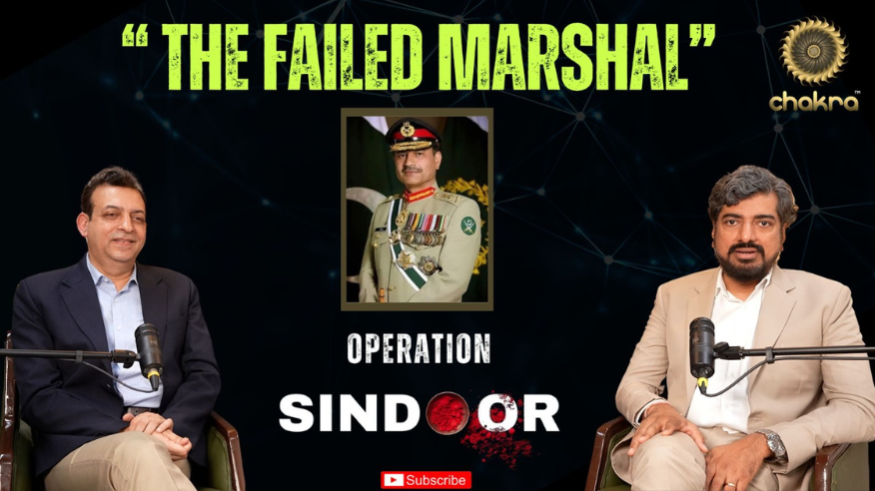

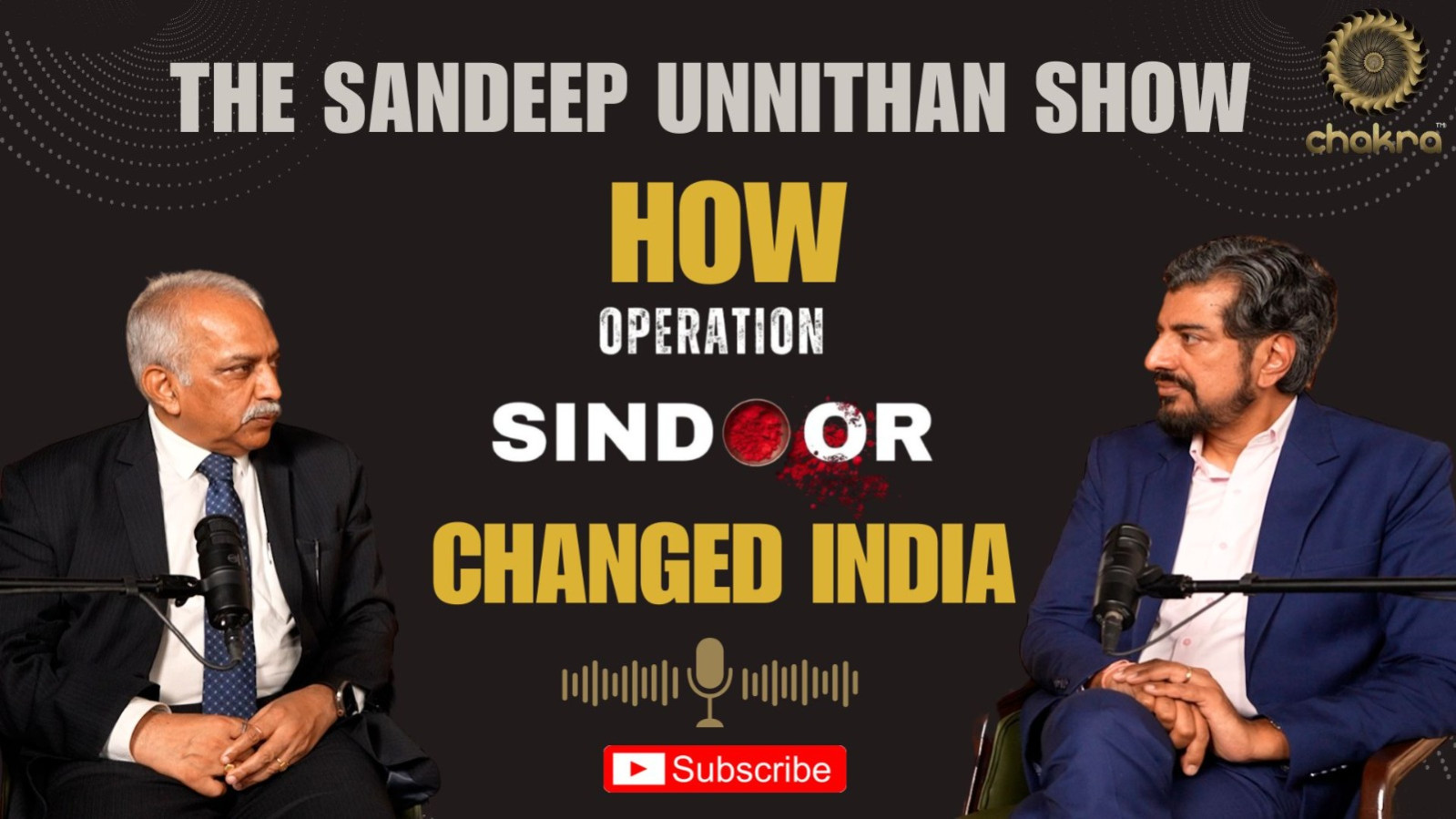
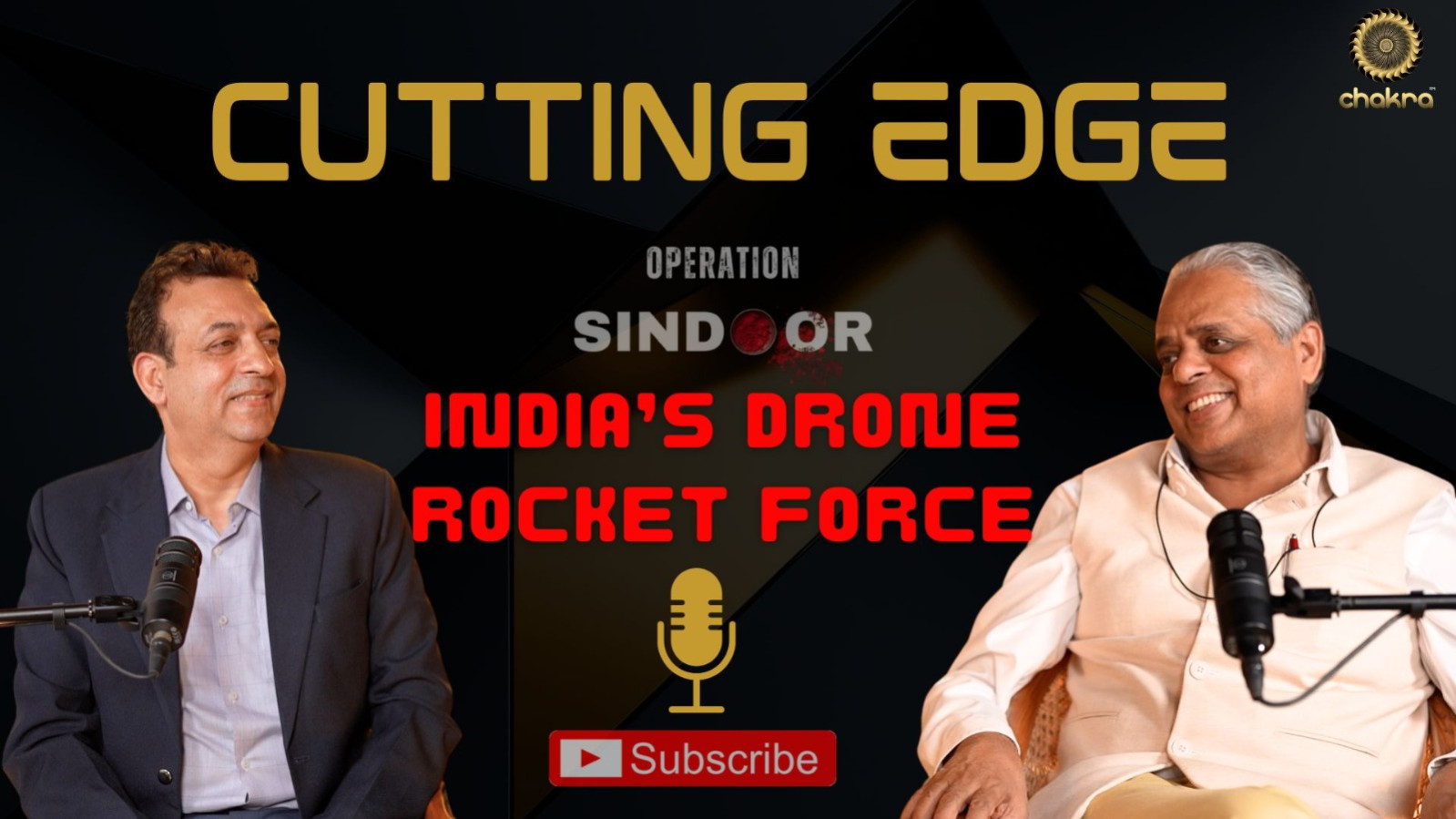
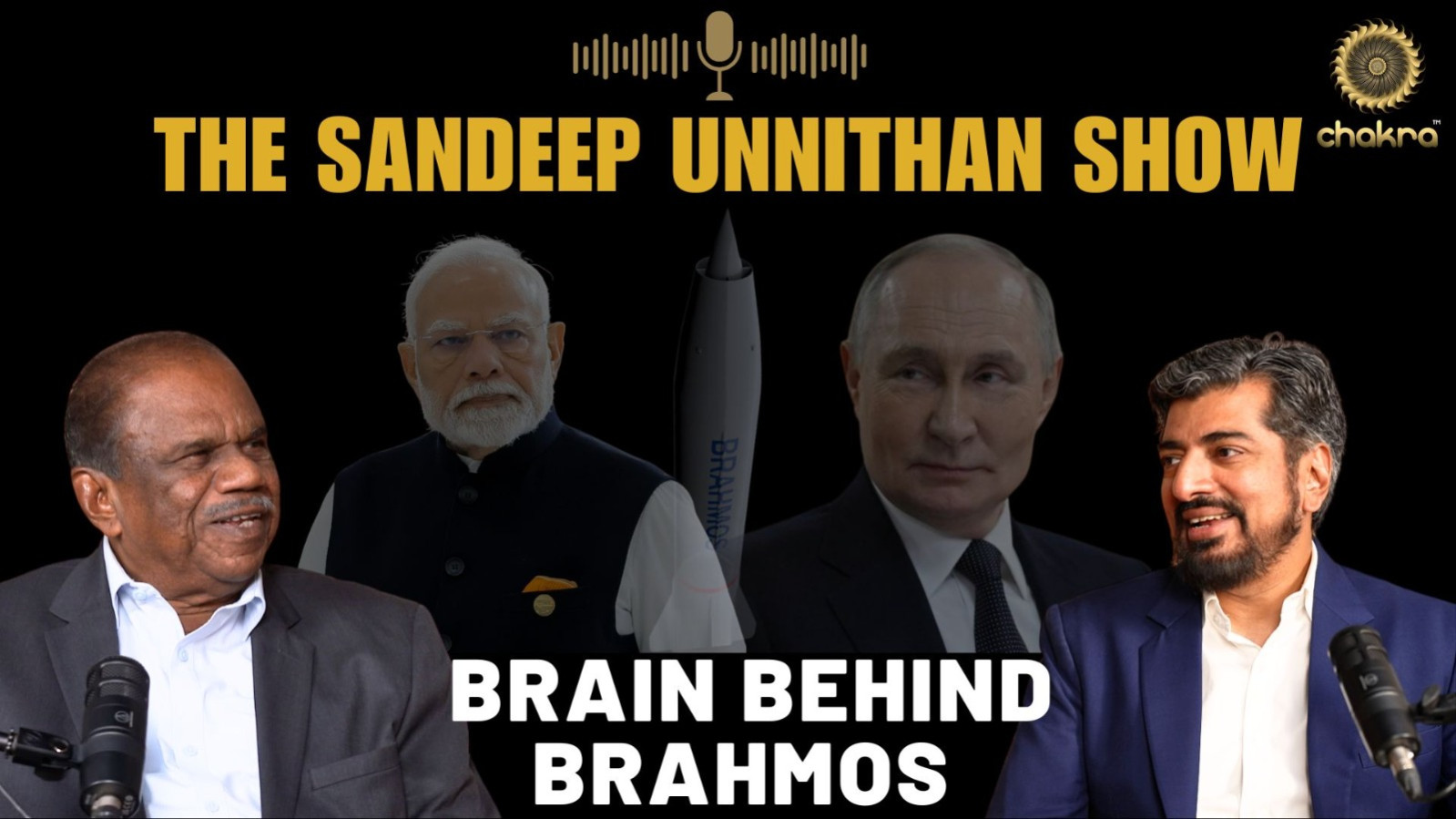



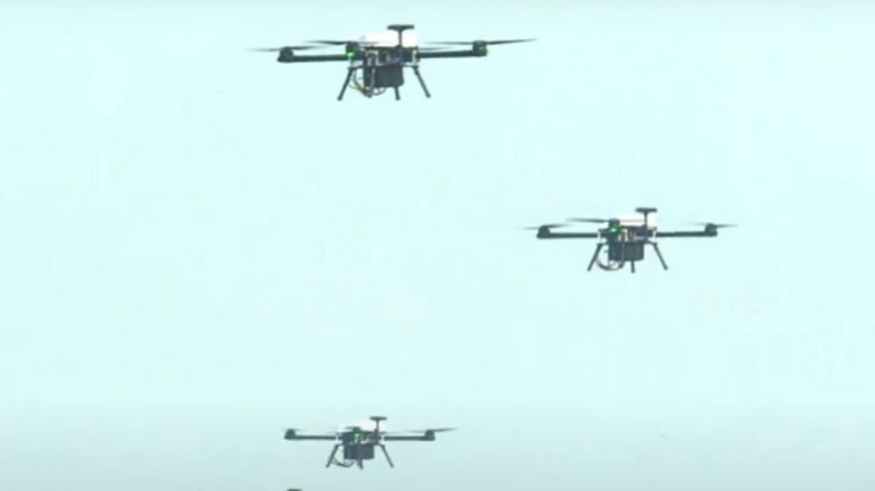

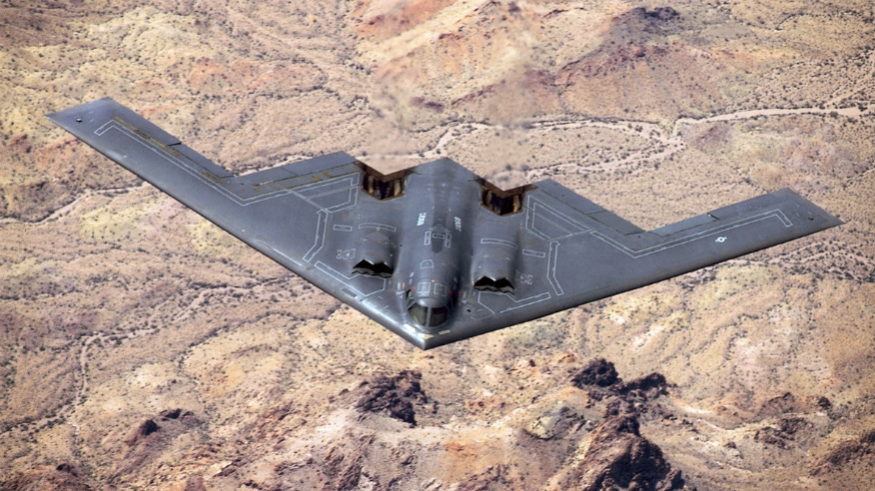




Comments